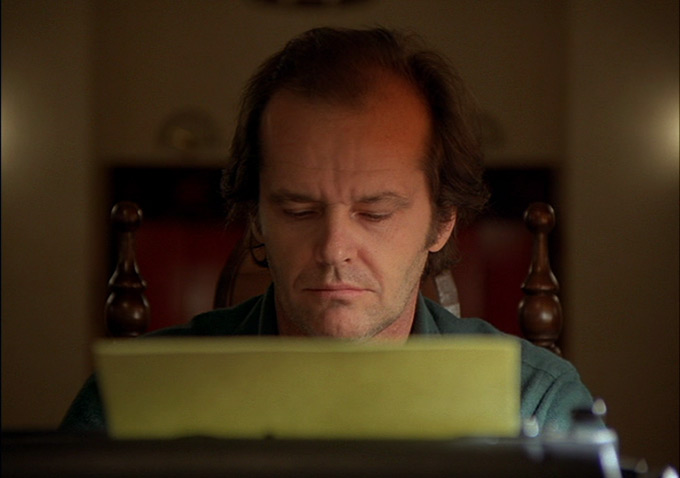 If your answer to the question “the film or the novel?” is “whichever one I’ll finish faster,” then perhaps you should consider new hobbies. Your real answer should be that you want to explore both paradigms; you should want to learn the perspectives, both new and old, of an engaging story. That being said, these mediums are infinitely different despite the common stories and ideas that may be at their root. A novel is composed of thoughts, of moods, of the essence of a protagonist and their innerworkings and desires. A film can have the same thoughts, moods, and essences, but you see them in the form of different scenery, a color change, a wardrobe change, or dramatic lighting.
If your answer to the question “the film or the novel?” is “whichever one I’ll finish faster,” then perhaps you should consider new hobbies. Your real answer should be that you want to explore both paradigms; you should want to learn the perspectives, both new and old, of an engaging story. That being said, these mediums are infinitely different despite the common stories and ideas that may be at their root. A novel is composed of thoughts, of moods, of the essence of a protagonist and their innerworkings and desires. A film can have the same thoughts, moods, and essences, but you see them in the form of different scenery, a color change, a wardrobe change, or dramatic lighting.
In the newest video essay from Now You See It, the idea of film vs. novel is explored and the differences in specific examples — namely “The Great Gatsby,” “The Hunger Games,” and “The Wizard of Oz” — are debated. In Baz Luhrman’s adaptation of F. Scott Fitzgerald’s Jazz age classic, Gatsby (portrayed by Leonardo DiCaprio) is seen as more of a lovelorn, likeable guy, as opposed to the novel where he’s a hollow, miserable man. In “The Hunger Games” by Suzanne Collins, we are more privy to what Katniss (Jennifer Lawrence) is thinking and her misgivings about her relationship with Peeta, whereas in Francis Lawrence’s film version, the relationship is a crux for the plot.
Then there’s the age-old debate of J.D. Salinger’s “The Catcher in the Rye,” and the insistence of some that it should be made into a film, despite the late author’s wishes. As pointed out in the essay, ‘Catcher’ just wouldn’t make for prime viewing — think about how many times you would see Holden Caulfield contemplating his late-adolescent misgivings instead of engaging with another human being.
There are some great examples of novel-to-film adaptations (“Jaws,” “A Clockwork Orange”) and those that should have been left in ink. Mostly it comes down to a great story, and whether or not that story can be manifested into cinema. What’s your favorite adaptation? Let us know in the comments below.

